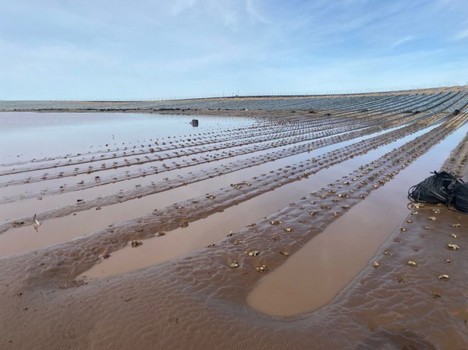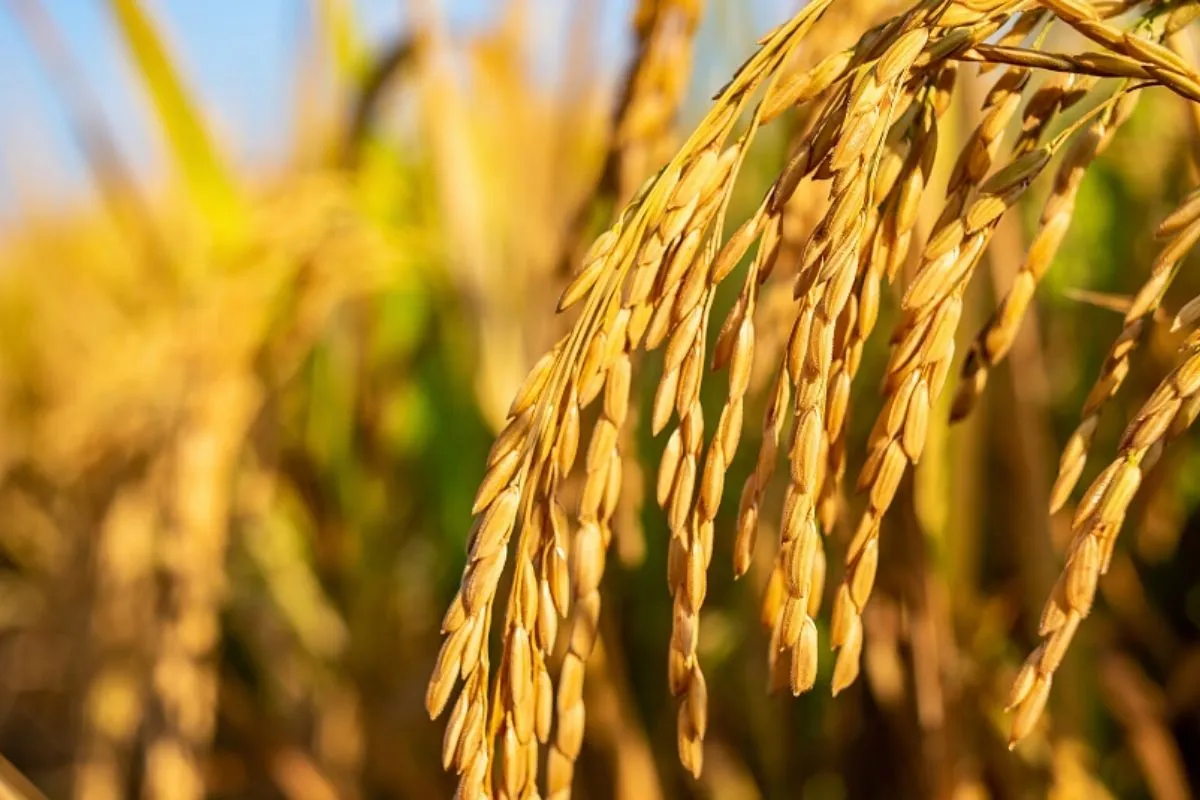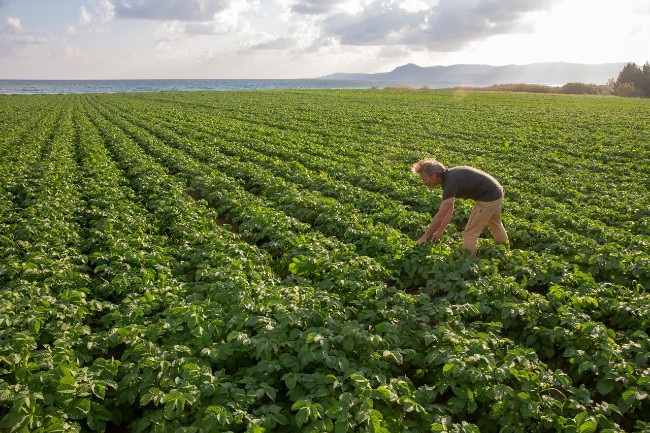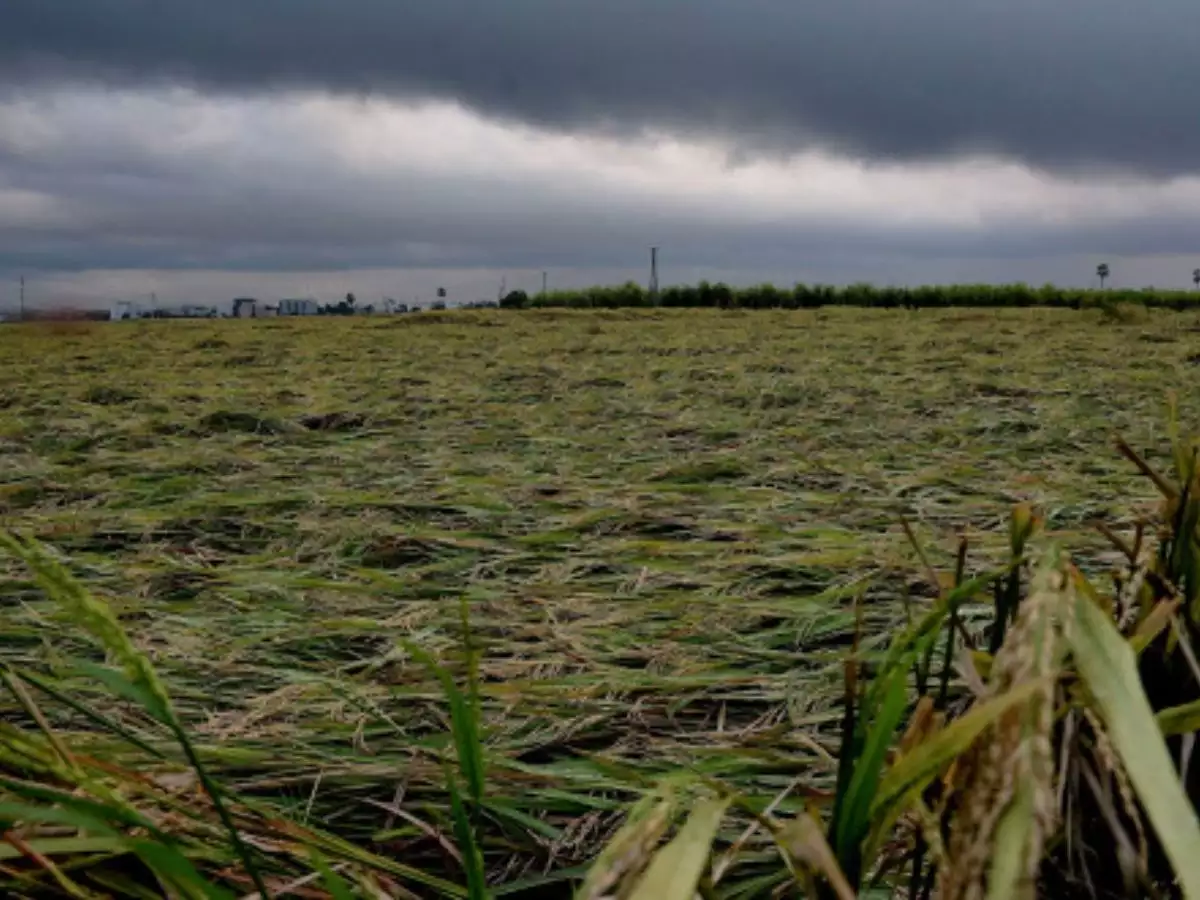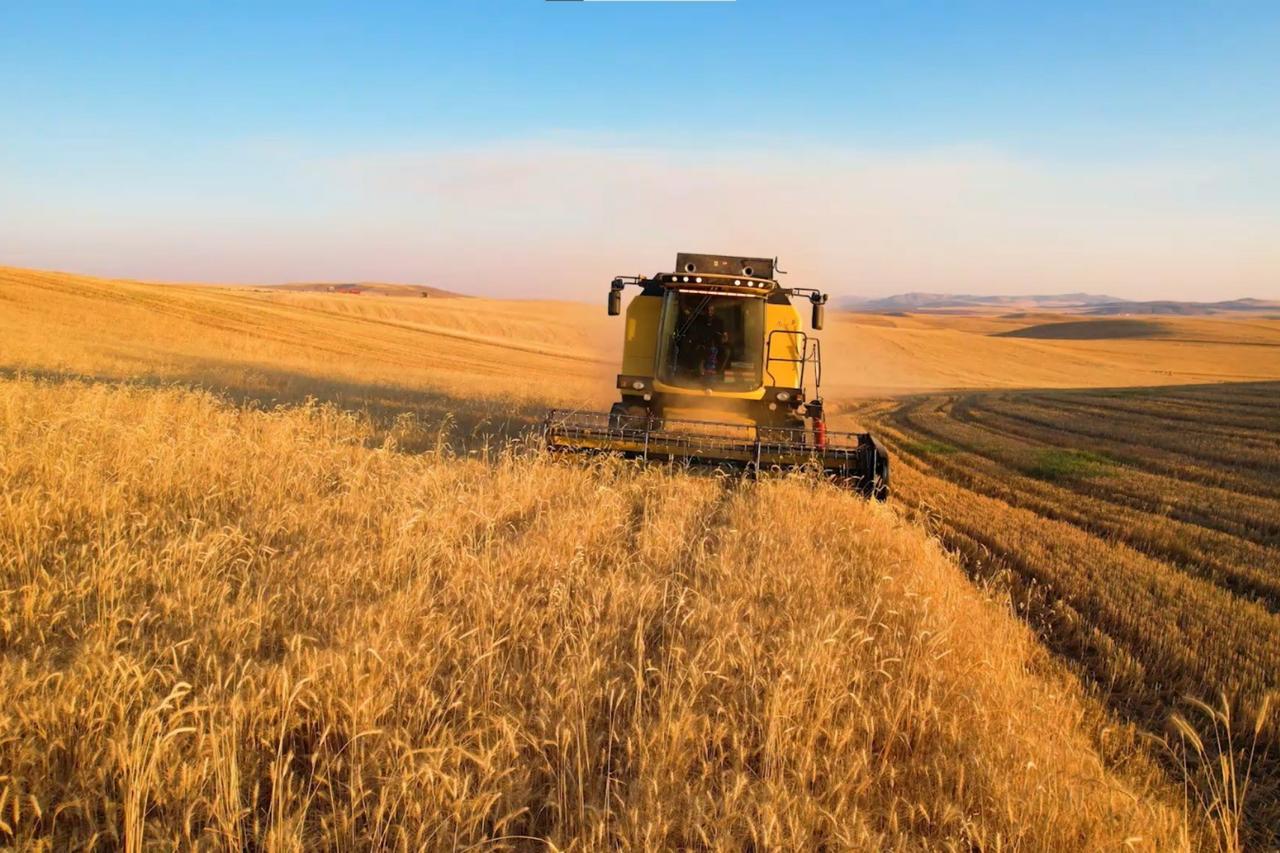Climate change is altering precipitation patterns across the globe. In the upper Midwestern part of the United States, abnormal precipitation events are projected to increase. In recent years, the Midwest has experienced a 37% increase in ‘very heavy precipitation’ events (defined as the heaviest 1% of all daily events) according to Karl et al., 2009. Moreover, climate change is shifting when and how these heavy rainfall events are occurring, leading to worse effects of flooding in agriculture.
For instance, more intense rainfall events are occurring during the early part of the summer, leading to flooded conditions that can often delay the planting of major row crops. For example, in 2019 historic flooding in agriculture events delayed or prevented planting all-together across the Midwest. This climatic disruption can lead to substantial crop yield losses and could potentially negatively influence soil health.
However, it is largely unknown how summer flooding events influence plant growth and soil health over the course of an entire season. A United States Department of Agriculture research grant allowed our team to explore this phenomenon further.
Why does excessive flooding in agriculture occur?
Our joint research team from Ohio State University and Michigan State University wanted to explore how early summer flooding events influenced corn production and belowground processes, including soil health and nutrient retention.
We simulated flooding events using drip irrigation (where water is delivered directly to the soil using driplines) (Figure 1). Our main question was to explore how flooding intensity and longevity influenced plant growth and chemical, physical, and biological aspects of soil health. Our subsequent question was to explore how the flooding in agriculture impacted different rates and sources of nitrogen. The latter question has important implications for how farmers might alter management based on precipitation projections.
In terms of soil health, we were particularly interested in exploring how free-living nematode communities responded to flooding events. Beneficial free-living nematodes are non-segmented worms that are critical indicators of soil food web structure and could serve as a key indicator of soil biological health.
Moreover, nematodes could serve as a proxy for how a system is responding to climatic disruption. Preliminary results show that nematode abundances drastically decrease post- initial flooding events, demonstrating that flooding events shock the soil food web. Most noteworthy is that in systems where dairy manure was applied, nematode losses were not as substantial when compared to systems where inorganic N fertilizer (Urea was applied). This shows that organic sources of nitrogen could help with climate resiliency. Our next step will be to explore how nematodes and overall crop yields recover from major flooding events several weeks post-flood.

How might a farmer adapt to future extreme flooding in agriculture?
Our team recently wrote a review paper exploring this question. In our recent paper, Sprunger et al., (2023) outline several key steps a farmer could consider when working to adapt to extreme flooding conditions and future climate change in general (Figure 2). Adaptive management strategies fall under two categories that either target aboveground management or belowground processes. For instance, farmers growing corn and soybeans could simply delay planting and wait to plant until the heavy rains have passed.
This of course is risky because heavy precipitation events can be difficult to predict. Moreover, if corn is not planted early enough in the growing season, it may not have time to reach maturity. Thus, a second aboveground adaptive management might need to be considered, which involves innovation in breeding. For example, breeding varieties of corn that can mature in a shorter amount of time, or breeding crops that are adapted to higher levels of soil moisture.
Lastly, applying a split application of fertilizer could aid with plant growth and create a greater assurance that the majority of nutrients applied are not all lost at once.
Promoting belowground processes for crops
The second set of adaptive management strategies has to do with promoting below-ground processes. For instance, planting perennial crops (or even small grains planted in the fall), would ensure that you have a living-roots in the ground prior to late spring (when excessive rains tend to occur) and head starts on plant development going into the early summer.
This would eliminate the need for planting immediately after a heavy rain event for example. In the Midwest, this could mean planting winter wheat or alfalfa rather than corn, for instance. Similarly, increasing plant cover has been shown to improve surface water retention and reduce surface runoff, thus planting a cover crop in the off- season could also help to alleviate heavy rainfall events that might occur prior to planting. Moreover, the roots of cover crops reduce the formation of soil crusting and help with aggregation, both of which are critical for maintaining healthy infiltration rates in the event of a major flooding event.
In summary, major flooding in agriculture will continue to occur due to climate change, which is projected to have negative impacts on crop production and soil health. Farmers will need to explore adaptive management approaches in hopes of achieving yield goals in the face of climate change.
Source - https://www.openaccessgovernment.org


